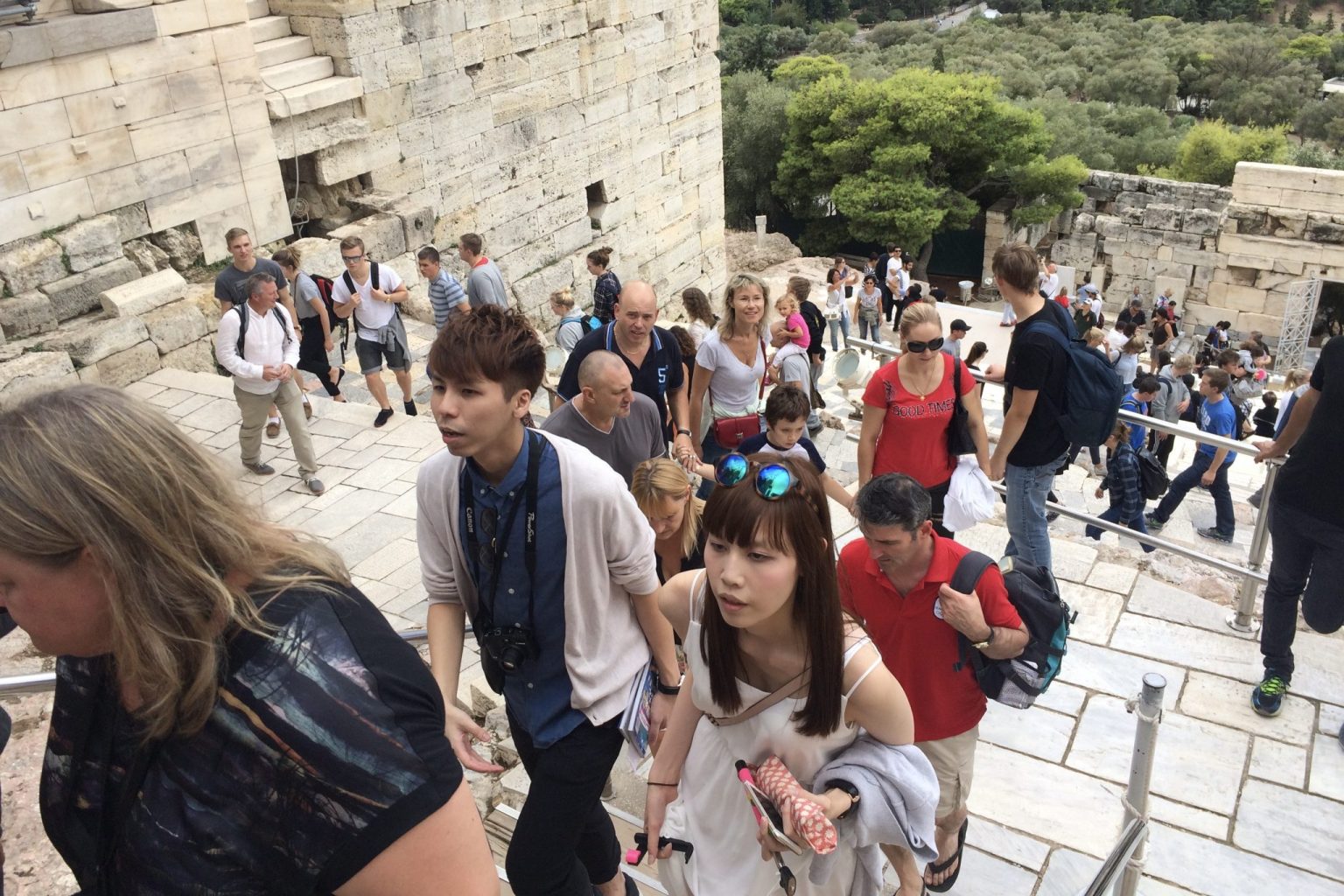In a recent podcast from Skift, the new iPhone 16 and iPhone 16 Pro were discussed, focusing on how they could impact travelers. Travel Technology Reporter Justin Dawes highlighted the inclusion of generative AI in the phones, allowing users to ask the AI about visuals through a dedicated camera button. The new iPhone can provide information about restaurants, save details from event flyers to the calendar, but a demo did not show recognition of landmarks or text translation. This new feature could potentially enhance the travel experience for users.
Addressing the issue of overtourism, the Greek government has implemented new measures to combat the negative impact of tourism on popular destinations like Santorini and Mykonos. Prime Minister Kyriakos Mitsotakis announced that cruise passengers visiting these islands during peak summer would be charged a fee of around $20, with the revenue aimed at mitigating the impact of increased traffic. Additionally, new short-term rentals will be banned in three central districts of Athens for at least a year, with the possibility of expansion if necessary. These measures are intended to manage the influx of tourists and protect the local environment.
Furthermore, Viator, a popular travel booking platform, has released data on the most popular travel experiences, shedding light on traveler preferences and trends. Senior Hospitality Editor Sean O’Neill shared that there has been a significant increase in bookings for hands-on experiences like photography tours, sports lessons, and painting classes, with a 50% year-over-year growth. Additionally, outdoor activities such as kayaking and mountain biking have become favored choices for travelers. Cities with cooler climates like Helsinki and Stockholm, as well as popular destinations in Asia such as Beijing and Osaka, have seen a rise in bookings as well.
The introduction of generative AI in the latest iPhones could revolutionize the way travelers interact with their devices, providing convenient features that enhance the travel experience. While the new phones offer capabilities like retrieving information about restaurants and saving event details, there are still limitations such as the inability to recognize landmarks or translate text. These advancements in technology have the potential to make travel planning and navigation more efficient for users, offering a glimpse into the future of travel gadgets.
As destinations like Greece grapple with the challenges of overtourism, governments are taking proactive measures to ensure sustainable tourism practices. By imposing fees on cruise passengers and banning short-term rentals in certain areas, Greece aims to strike a balance between welcoming visitors and preserving the cultural and environmental integrity of its popular destinations. These initiatives showcase a commitment to responsible tourism management and provide a model for other destinations facing similar issues.
The data from Viator’s research highlights the evolving preferences of travelers, with a growing demand for experiential and hands-on activities. Bookings for photography tours, sports lessons, and outdoor adventures have seen significant growth, indicating a shift towards immersive travel experiences. Cities with cooler climates and unique cultural offerings are also attracting more visitors, reflecting a desire for diverse and authentic travel experiences. By understanding these trends, travel companies and destinations can tailor their offerings to meet the evolving needs and interests of today’s travelers.


